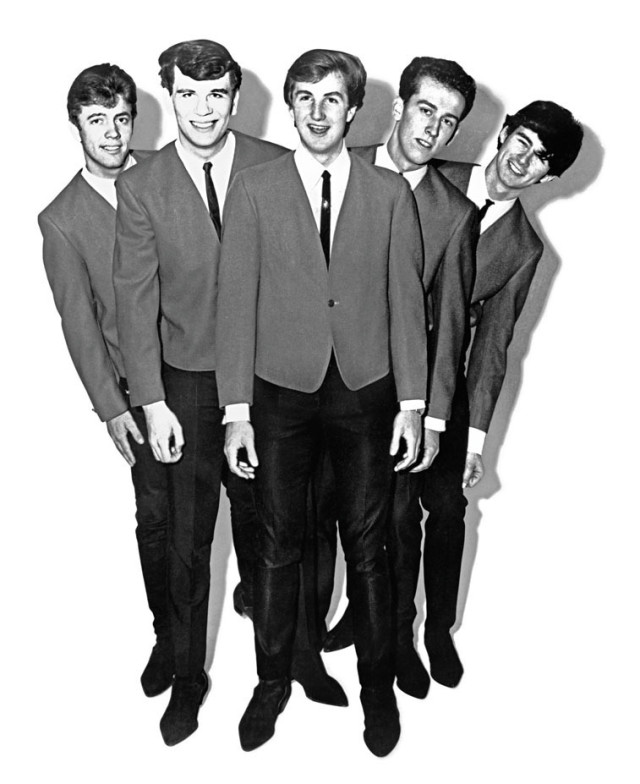The Accidental Story of Louie Louie

Where: Northwestern Inc Motion Pictures and Recording, SW 12th Avenue and Burnside Street When: April 6, 1963 (50 years ago)
Jack Ely, lead singer, The Kingsmen: “Louie Louie” was making the rounds in the Northwest. It started out as a Jamaican dirge. The Wailers recorded a soul version up in Seattle, which is what I heard. Paul Revere and the Raiders recorded it in Portland the week after we did it. But when I taught the song’s intro to our band, we were in a hurry, so ours ended up sounding like hard rock. It was a mistake, but that’s what happened.
The session was 10 o’clock in the morning. We set up in a circle, and played live. I yelled straight up into a microphone hanging down from the ceiling. Before we played, we could see an argument in the booth. We found out later the studio owner was telling the producer, “You can’t put the levels that high—you’ll blow up my board.” The producer sent the guy out for coffee and locked the door behind him.
Then he told us to run through it. About 10 or 12 bars into the song he stops us and says, “OK, that sounds pretty good. Let’s just run through it from the top.”
We thought we were just rehearsing. But when we finished, he said, “Great! Wonderful! What do you want to put on the B side? Make it something you wrote. You’ll make more money.” We didn’t have any real songs, but we’d been messing around with one chord progression, so we recorded that and called it “Haunted Castle.” The whole session lasted about 45 minutes.
We all hated “Louie Louie.” We thought it was horrible: mushy, with more low end than anything we’d ever heard. The vocals were a complete mess. The producer kept telling us that all made it great, and we thought, well, OK. It’s done.
We pressed 1,000 copies. The five of us got 20 each to pass out at school—I was going to Portland State, one guy was at Lewis & Clark, one guy was still at Cleveland High. The rest went into distribution, and nothing happened for months. That fall, a DJ in Boston was doing one of those shows where people call in to say thumbs-up or thumbs-down on a song. He said something like, “I know you’re going to hate this one, because it’s the worst record I’ve ever heard.” Much to his chagrin, the switchboard lit up with people wanting to know where they could buy it.
The record sold 12 million copies. And for some reason, of all the recordings of the ’60s, it’s one of the few that’s never disappeared.




